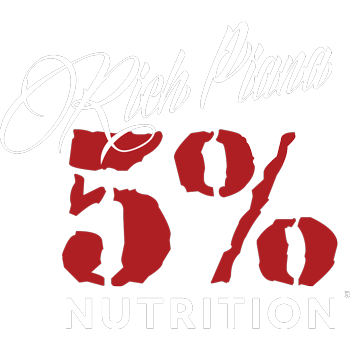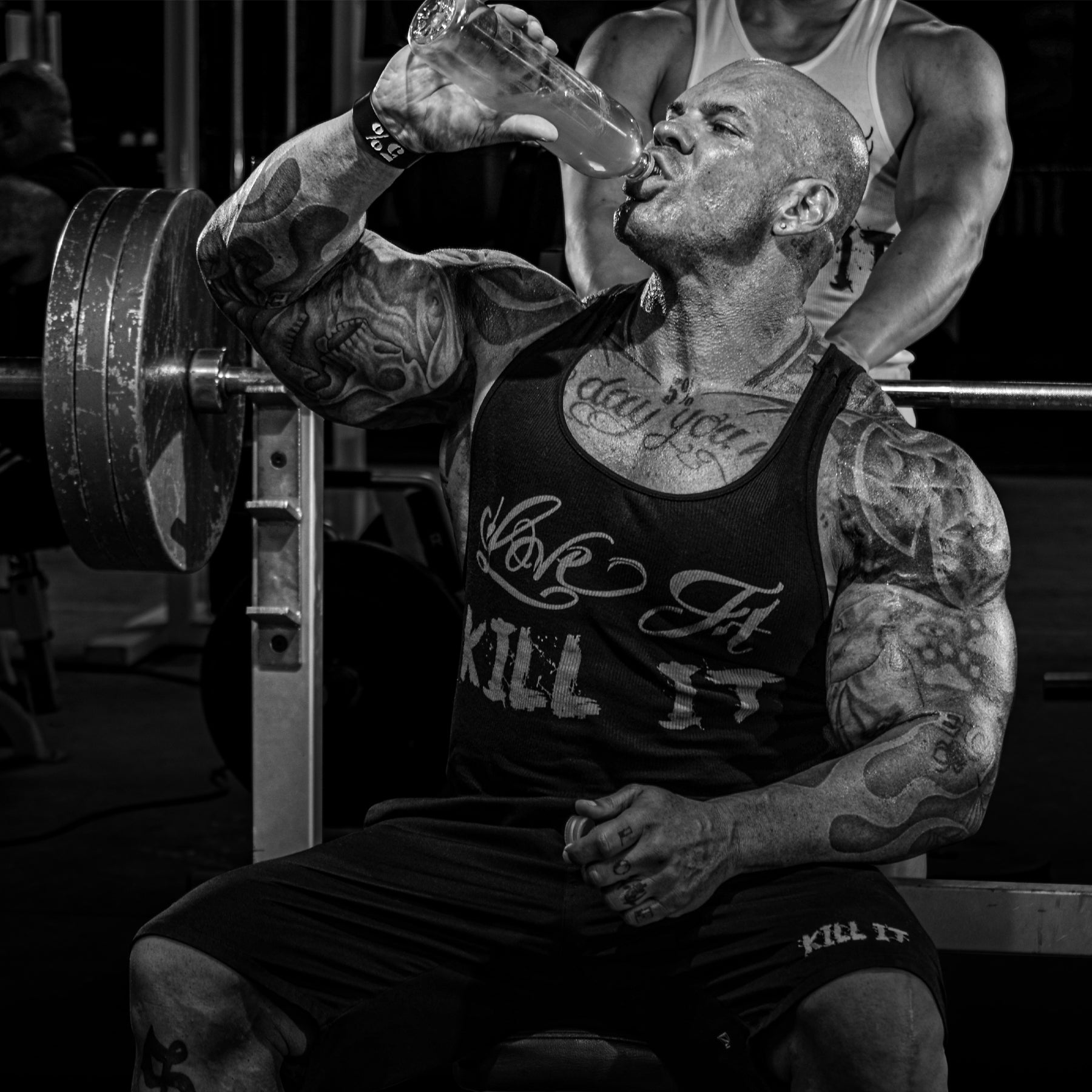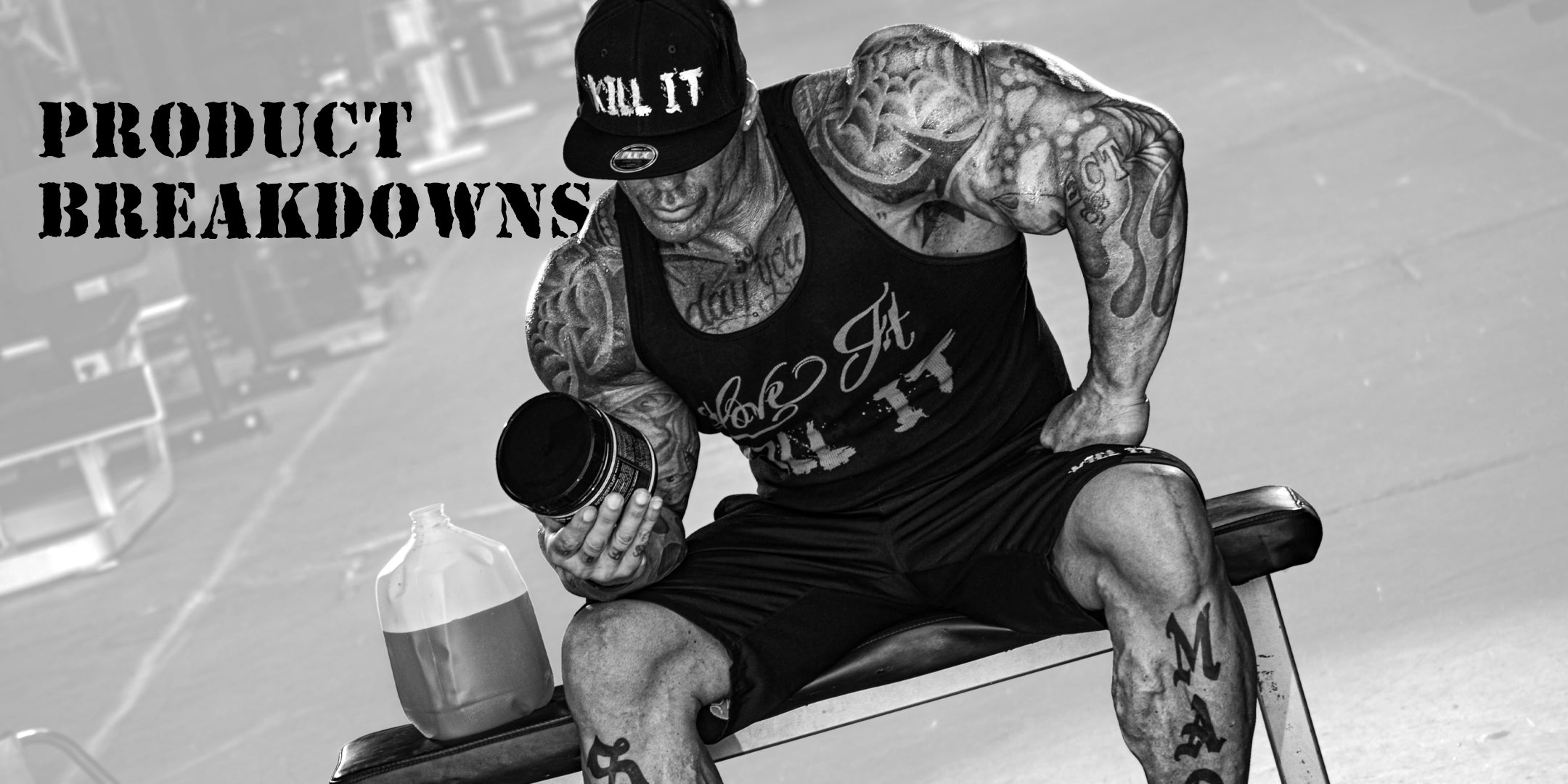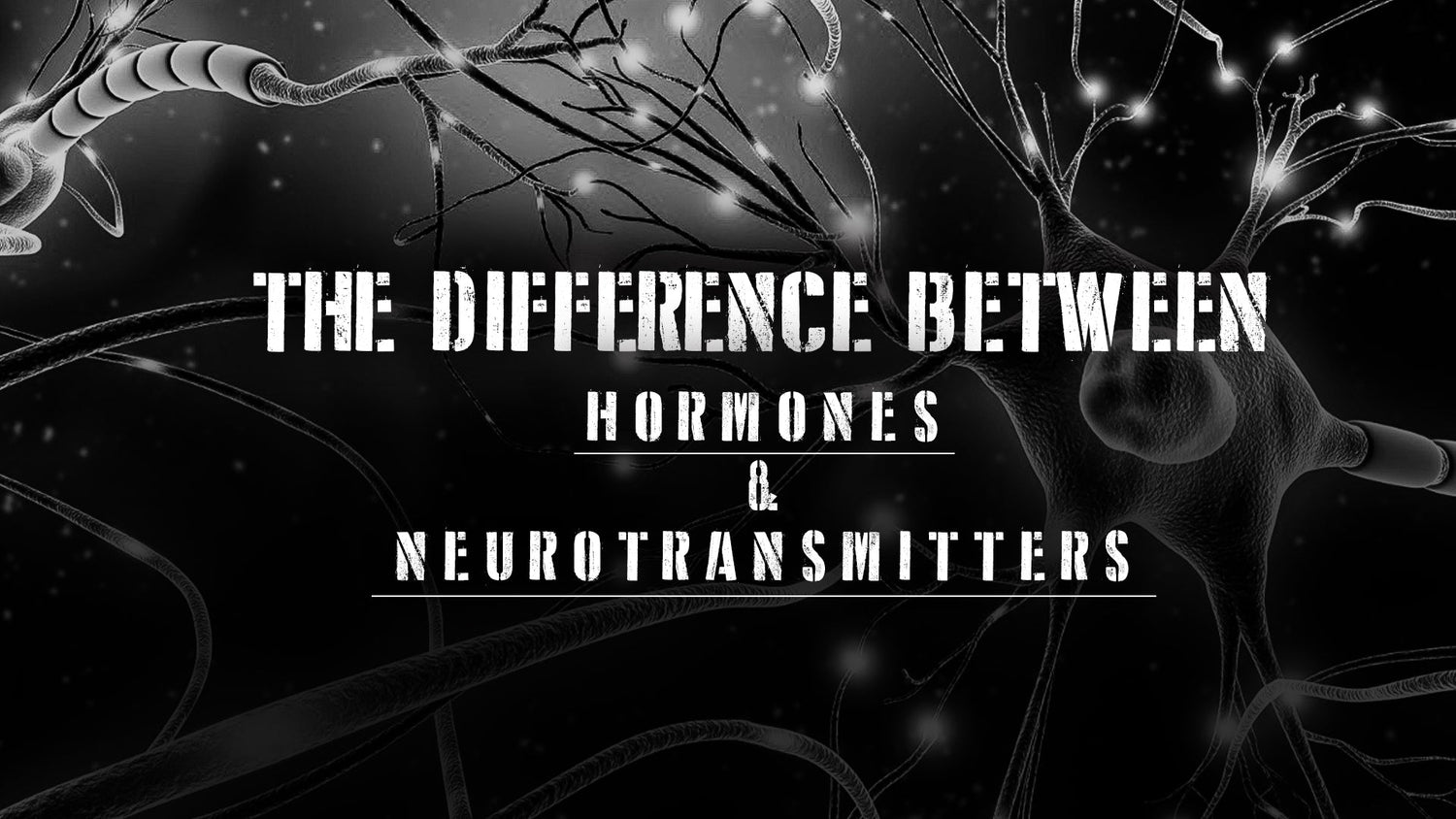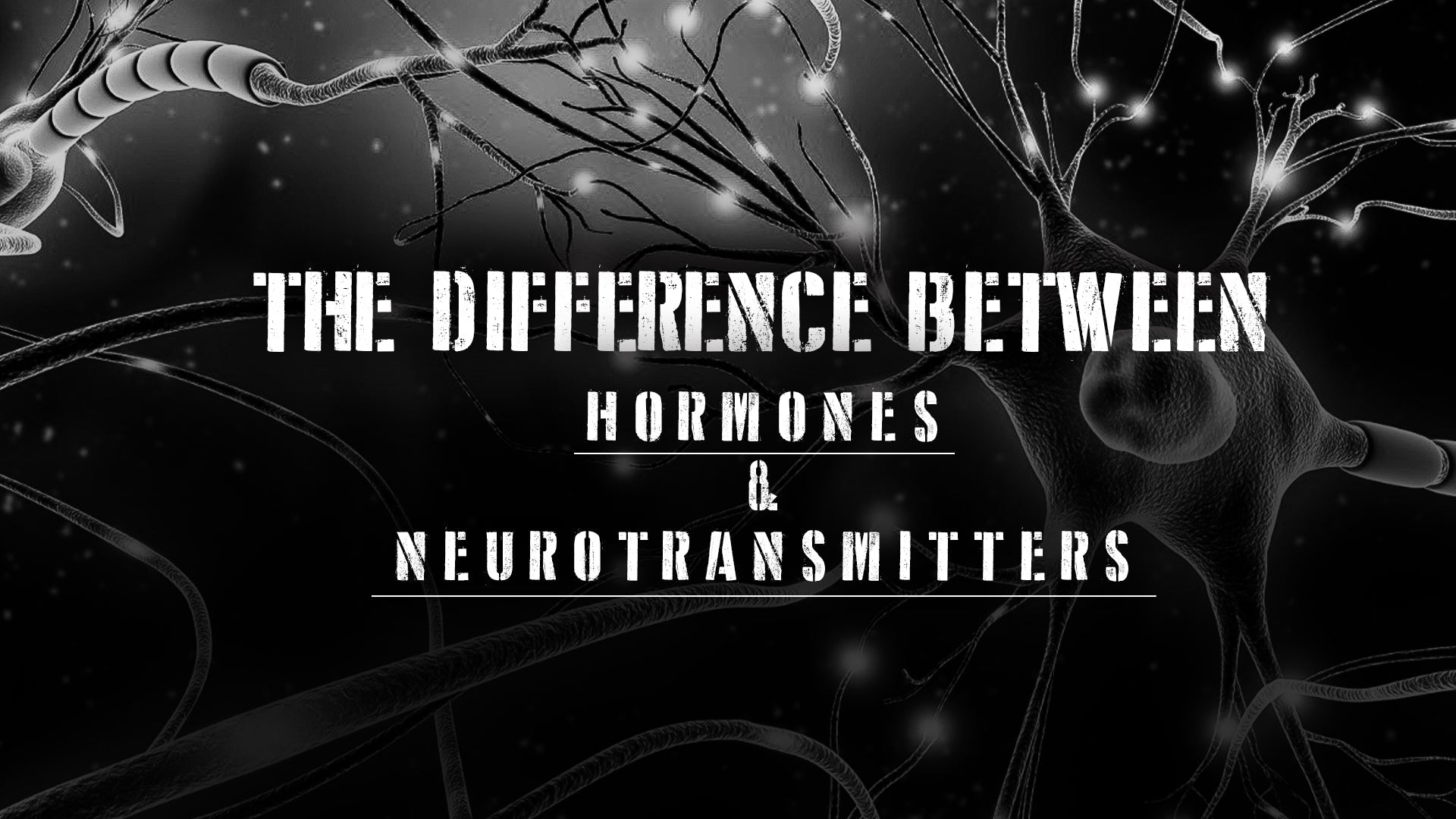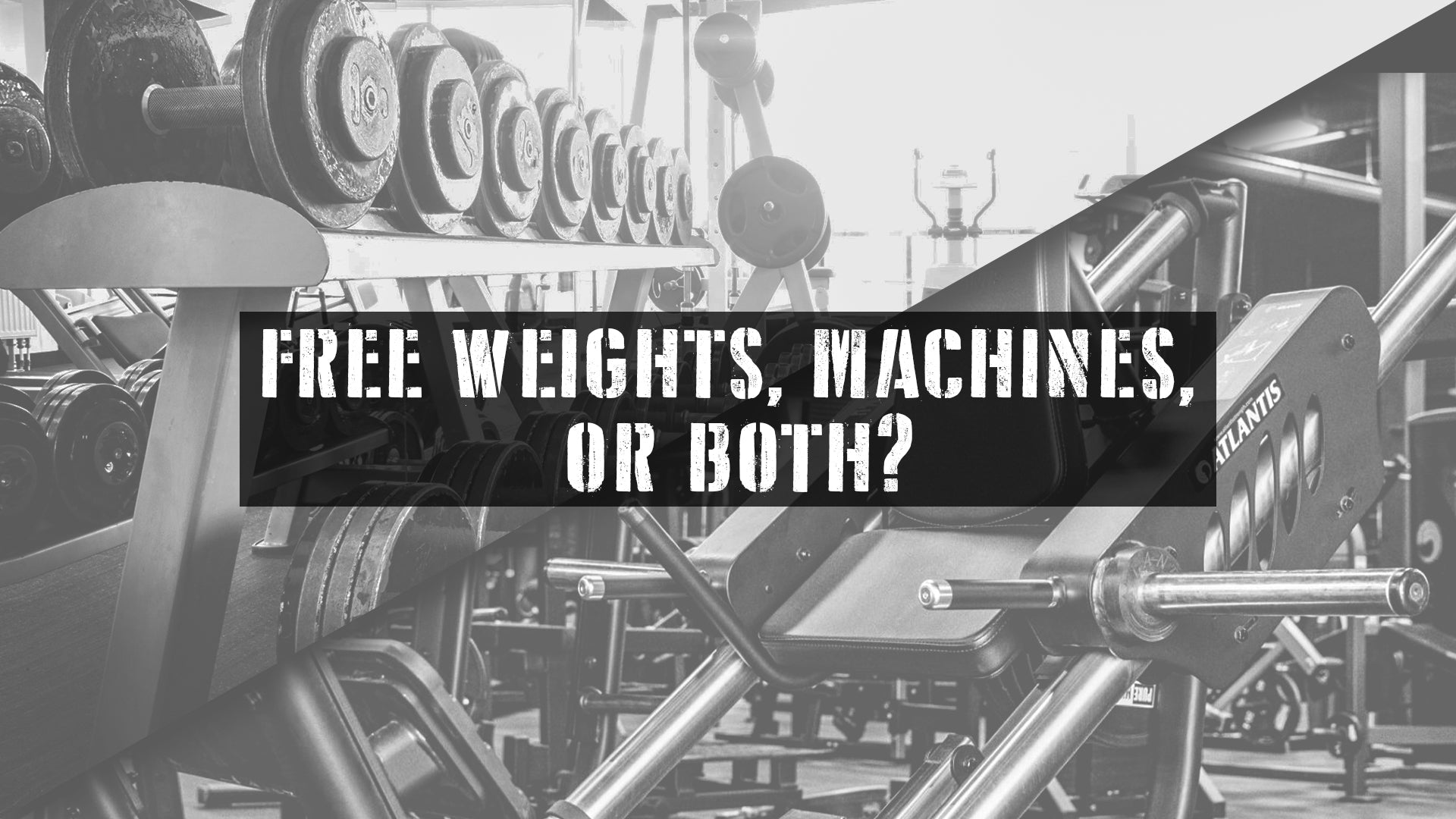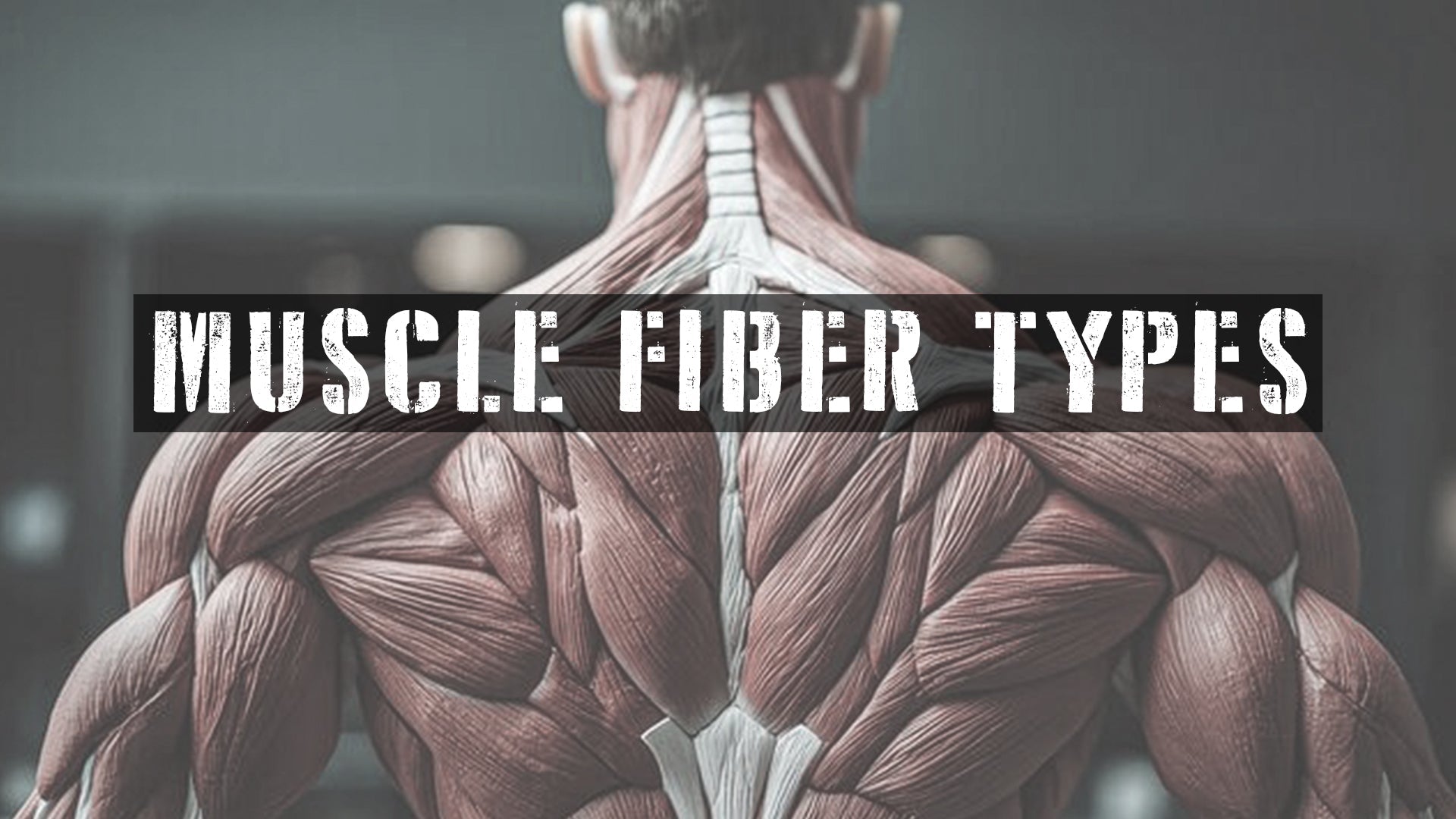The concepts of hormones and neurotransmitters, and how they affect your workouts have become mainstays in bodybuilding. It seems like more and more supplements that target these areas become available every day. In this 3-Part article series, we will look at how hormones and neurotransmitters can help you. Plus, we’ll look at the 5% Nutrition supplements that optimize their benefits.
Hormones Defined
Before we do anything, let’s define hormones. They are part of the Endocrine System and are molecules that are secreted into extracellular fluid. Then they circulate in the bloodstream, where they act as chemical messengers. Hormones do this by carrying regulatory messages to target receptors. By signaling these target receptors, hormones generate a specific action.(1)
What’s The Endocrine System
The Endocrine System consists of all the body's different hormones. It regulates all biological processes in the body from birth through adulthood. This includes the metabolism, the development of the brain and nervous system, the growth and function of the reproductive system, and blood sugar levels.
With the definitions covered, we’ll look at the three main chemical classes of hormones.(2,3)
Steroid Hormones
Types of Steroid Hormones
Also known as lipid hormones. There are two common naturally occurring steroid hormones.
Sex Steroids - These are sex hormones secreted by the gonads. This is the ovaries for women and the testes for men. These hormones play a crucial role in keeping the body fertile, improving brain function, and stimulating cell multiplication. They’re most commonly known for their role in the development of sexual traits and characteristics.
There are three kinds of sex steroids:
- Androgens – These control the development of male sex characteristics.
- Estrogens – These play a significant role in regulating female sex characteristics.
- Progestogens – These link to pregnancy, the menstrual cycle, and embryonic development in females.
- Corticosteroids - These hormones ease inflammatory reactions. Low levels of corticosteroid hormones cause physical complications, such as asthma, allergies, and arthritis.
Steroid hormones are responsible for:
- Decreasing inflammation
- Controlling metabolic rates
- Balancing water and salt levels in the body
- The development of sexual traits, including facial hair for men and chest growth for women.
Protein Hormones
Also known as peptide hormones. Protein hormones are molecules with different length amino acid chains. They function as G protein-coupled receptors. What are G protein-coupled receptors? They act as an “inbox” for messages transmitted between cells.
Protein hormones are messengers responsible for various psychological and physiological functions, such as:
- Appetite - Protein hormones play a major role in satiety and easing hunger. It’s thought that increased levels of peptides might help you lose weight since you won’t feel as hungry.
- Growth - Protein hormones help develop muscle mass and strength. You can make the most of this effect by increasing your protein intake. Of course, 5% has several good protein choices, including Shake Time, Snack Time, and Egg White Crystals. Don’t forget Real Carbs + Protein and All Day You May.
- Stress Response - It’s thought that increased protein levels help decrease the body’s stress response rate. A higher stress response rate means you are more likely to experience stress-related complications. For example, the body releases the catabolic hormone cortisol in response to stress. This has destructive effects on your gains.
Amine Hormones
Also known as amino acid-derived hormones. Amines are hormones derived from amino acids They consist of only one amino acid, l-tyrosine. Amine hormone derivatives are able to convert into epinephrine and norepinephrine. These are neurotransmitters that are involved in the body’s “fight or flight” response. Plus, amine hormones are versatile, they’re able to act as steroid hormones or protein hormones.
The Endocrine System Control Methods
There is a control method regarding hormone secretion. The Endocrine System uses cycles and negative feedback to control hormonal functions. In fact, negative feedback regulates the secretion of almost every hormone. For example, negative feedback basically controls the amount of testosterone that’s secreted and available for use at any given time.(4)
Recap
This ends Part 1, and we’re just warming up! In Part 1, we provided a basic working knowledge of hormones. In Part 2, we’ll dive into specific hormones, and tell you what you can do to optimize their benefits, including which 5% supplements to use.
- These statements have not been evaluated by the Food and Drug Administration. This product is not intended to diagnose, treat, cure or prevent any disease.
References:
- “Biology” by Campbell and Reece, p.932, 975, 977
- 3 Types of Hormones in Human Body (studyread.com)
- 18.1 Types of Hormones – Concepts of Biology – 1st Canadian Edition (opentextbc.ca)
- Fundamentals of Anatomy and Physiology, Chapter 18, The Endocrine System, by Frederic H. Martini, p.593-595
